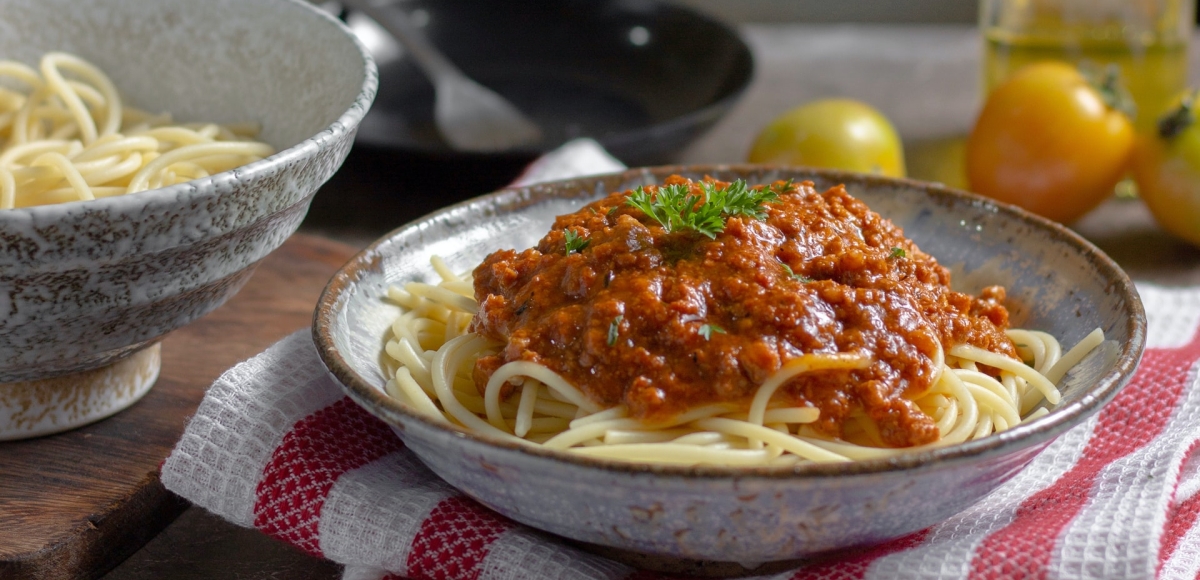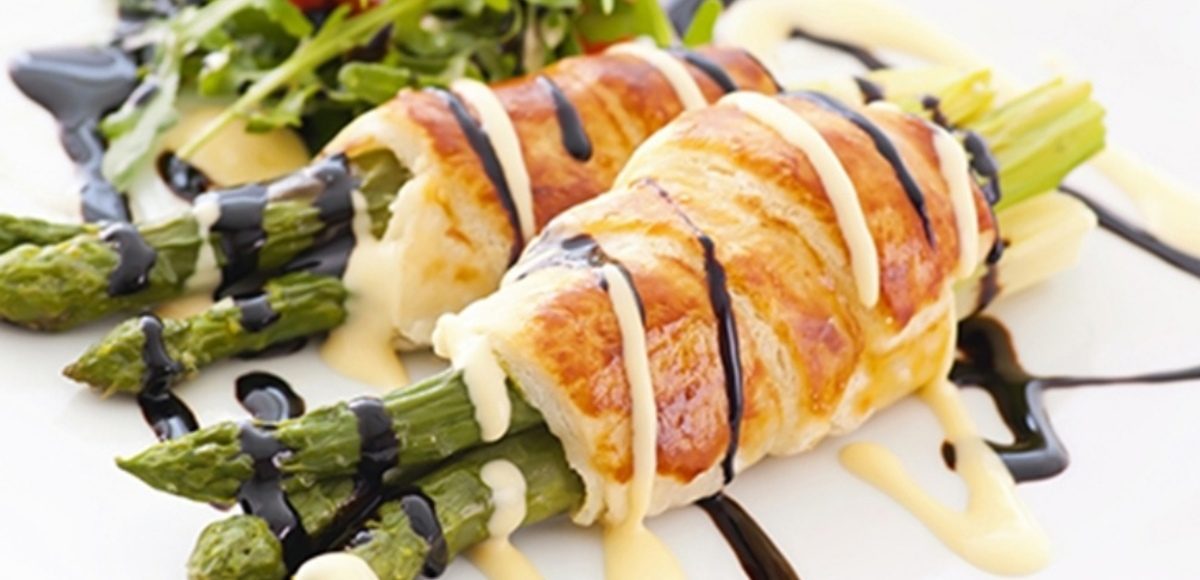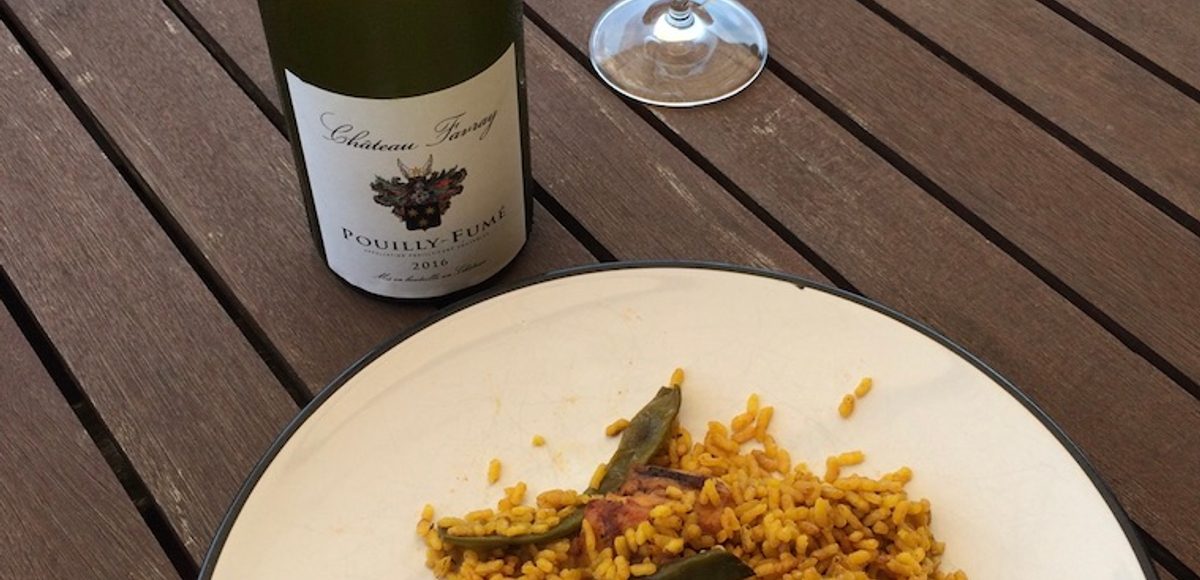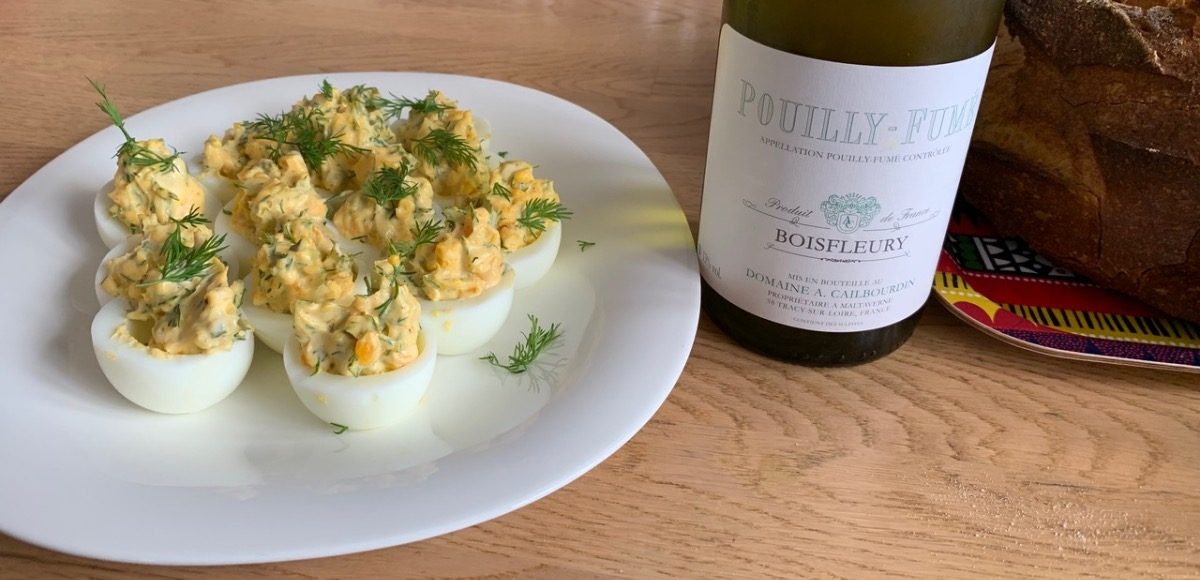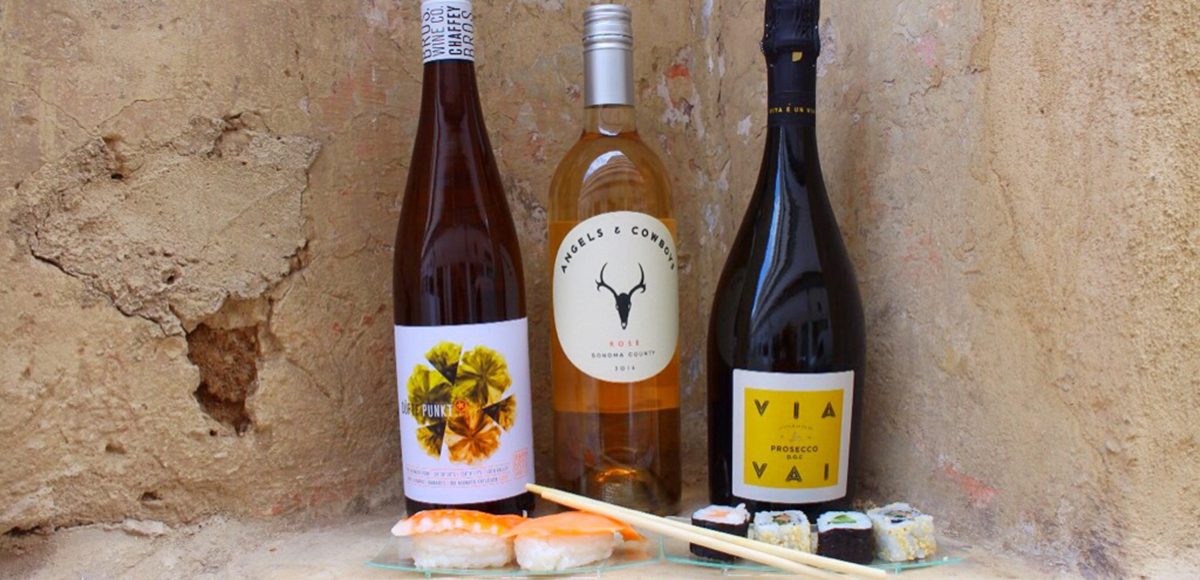I was asked by a reader if it matters what sort of wine to use to cook. It is a good question and I answered by asking, “Does it matter the quality and freshness of the ingredients in a dish?” Of course it does, here are some tips to bear in mind when choosing wines as ingredients for a dish.
There is only one rule: If the wine is not good enough to drink it is not good enough for the dish. When I cook, the wine in the dish will be same as the one in my glass. So always choose a wine you enjoy, after all you are probably drink a glass or two while in the kitchen.
It is important that the wine is clean and fresh and without any faults, such as smelling of cork or vinegar. A wine that has been open for a couple of days will still be good to cook with but not one that has been open for a week.
You can freeze wine in an ice cube tray and keep it in the freezer along with your homemade stock, another essential ingredient for a good sauce.
What does wine add to a dish? It can be used to marinate meat, which adds flavour and makes the meat more tender. Also, as an ingredient to a sauce, wine adds aromas and moisture. The intensity of flavour of the wine will also affect the dish in different ways. For example, a full bodied, tannic Monastrell will be much better suited to a meaty sauce with intense flavours. Meanwhile a light, aromatic fruity Sauvignon Blanc will be more suited to an aromatic dish, also the aromatic molecules from both will be more pronounced together.
When choosing a wine to cook with I suggest that you keep it simple. For white wines look for versatile wines such as a dry, Verdejo, Albariño or young Chenin Blanc, three grape varieties notable for their naturally high level of acidity. If you are making a creamy sauce a Chardonnay with buttery flavours will add complexity and depth.
As for the reds, in general avoid overly tannic or woody wines and choose mellow wines such as a young Tempranillo, a Pinot Noir, a Garnacha or a Merlot. Grapes that have moderate levels of tannins and will not overpower the dish.
Fortified wines such as Sherry, Vermouth, Port and Marsala (a traditional fortified wine from Sicily) are very useful when it comes to cooking. Firstly because, as they have been fortified, which means additional alcohol has been added, they keep their flavours for much longer that a normal wine once the bottle has been opened. Also, they add a great variety of flavours to the dish.
Here in Spain ‘Cooking Wines’ are very popular and can be found in every supermarket. These are not located in the wine section of the store but they can be found with the vinegars and other seasonings. These tend to be poor quality wines, that have had alcohol, flavouring and salt added to them as well has having been pasteurised to preserve them for longer. Avoid these wines, they are not going to improve your dish in any way. In addition, they are not cheap. It would be better to spend the equivalent amount on any normal wine, at least you can drink the rest.
There is often confusion as to whether there is alcohol left in the sauce after cooking. Alcohol boils and evaporates at a lower temperature than water, however, depending on the amount of wine that has been added and the time the dish has been cooked, there may be some alcohol residue remaining, which is important to bear in mind for children or non-drinkers.






